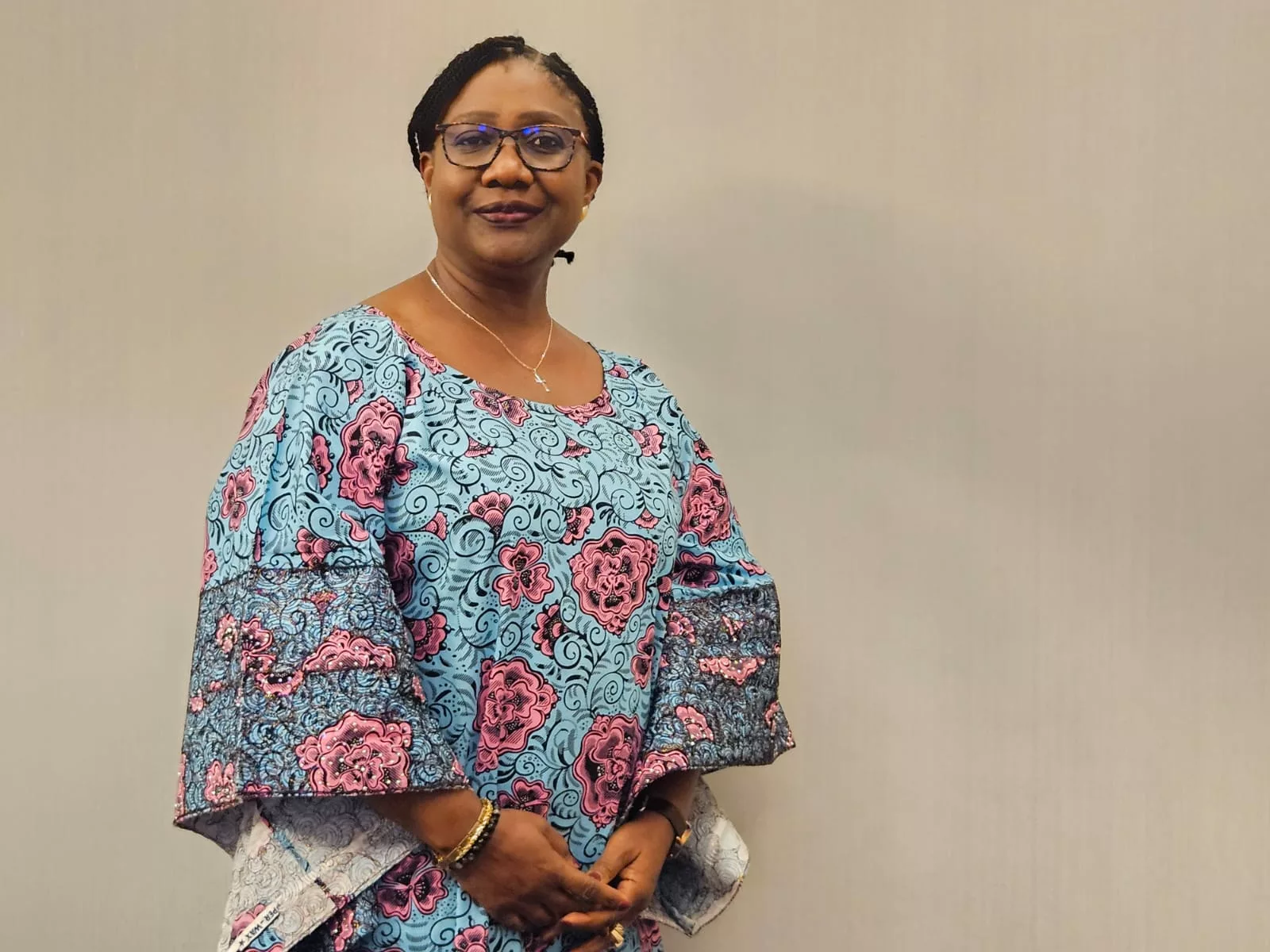|
Getting your Trinity Audio player ready...
|
The implementation of the Comprehensive Africa Agriculture Development Programme (CAADP) framework across the continent is impacted by agri-food systems and various megatrends including demographic shifts and climate change, Mrs. Estherine Fotabong, the Director of Agriculture, Food Security and Environmental Sustainability of the African Development Agency (AUDA-NEPAD), has said.
She made the remarks in the opening session of the Validation Workshop for Post Malabo CAADP Agenda Technical Working Groups that is running from the 25th-30th July 2024 in Lusaka, Zambia.
Over the past 20 years of the implementation of the CAADP framework across the continent, it has been the most successful and widely adopted policy framework of the African Union.
“Significant progress has been made, but much more still needs to be done. Africa’s agri-food systems are highly dynamic and constantly evolving. These changes are shaped by various megatrends such as rapid demographic shifts; changes in the political economy at all levels; rapid changes in technology; dynamic market forces; and the worsening impacts of climate change.
“Equally important are the levels of investment by both the public and private sectors; institutional capacities for coordination, execution, and monitoring at the national level. These underscore the pressing need for robust and sustained measures to guide and support AU member states as they pursue their commitments to end hunger, reduce poverty, create jobs, and build resilient and inclusive agri-food systems,” Mrs Fotabong said.
Under CAADP Malabo, stakeholders adopted and sustained the CAADP principles, including mutual accountability mechanisms, by implementing biennial reviews to assess the overall performance and impact of the CAADP Strategy.
“We established a mutual accountability framework that outlines the roles and responsibilities of AU Member States, RECs, development partners, the private sector, and civil society. We also established feedback mechanisms through national and regional JSRs to ensure that insights from monitoring and reporting feed back into the planning and implementation processes. This approach facilitates adaptive management and continuous improvement,” she added.
In her contribution to the trends in an interview with this publication, Abigael Taka Mgugu, the Chief Executive Officer of the Women and Resources in Eastern and Southern Africa (WARESA) urged AU member states to recognise customary land tenure security.
“The system should be given the same weight as the tenure system governed by statutory law (which are received laws). Customary laws and tenure systems are considered informal and in some countries land that is governed by customary law is not considered as agricultural land. Yet the majority of the population on the continent are governed by such laws and enjoy their rights to land through that system. The majority of the farmers on the continent are women who live under customary systems. If the customary tenure systems are chaotic and lack proper systems, why have they stood the test of time?
“Turning to climate change, weather and climate variability have been taking place from time immemorial and communities have been adapting to and mitigating against the vagaries of these variabilities. Communities have their way of forecasting weather and rarely rely on the information from the Meteorological offices and their indigenous approaches assist them to make informed decisions and plan.
“In the next 10 years, Member states are urged to incorporate Indigenous knowledge systems in addressing the impacts of climate change in policy formulation, implementation, monitoring, and evaluation. Indigenous knowledge is a science,” Mugugu said.
The above calls for deeper reflection on proposing game-changing actions for the post-Malabo CAADP Agenda. In doing so, there is a need to adopt more innovative ways to make CAADP implementation effective while sustaining the mechanisms established. There are calls to articulate what has worked and what has not, based on the lessons learned in supporting member states over the past 20 years.
Mrs. Fotabong said proposals by the technical working groups must be evidence-based and solution-oriented, drawing on lessons learned and good practices to craft a robust Post-Malabo CAADP Agenda. She added that the agenda should not only speak to the ‘Africa we want’ but must be geared towards the Africa we want to build.






